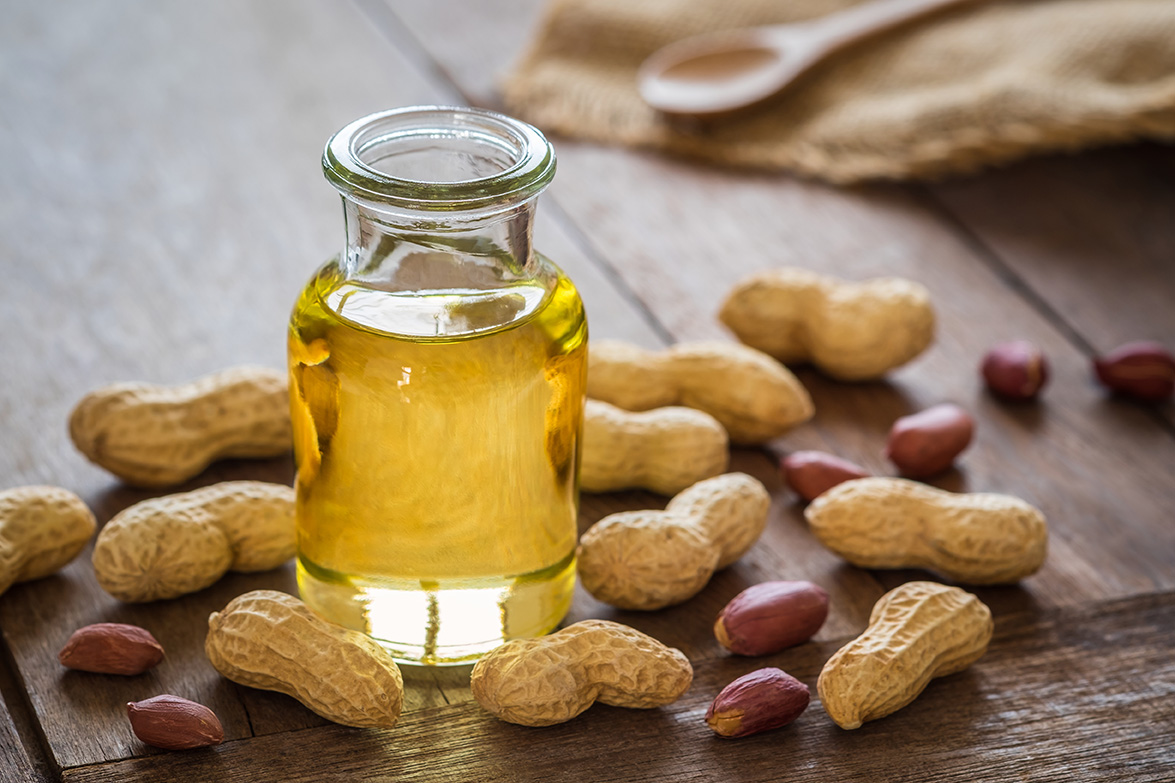The Shocking Truth: Why is Peanut Oil So Expensive?
Written By James Morgan
Peanut oil, often prized by barbecue enthusiasts for its high smoke point and rich flavor, has seen a significant rise in price. In this article, we delve into the factors contributing to its cost, ensuring you make an informed decision when purchasing your next bottle.

Why is Peanut Oil So Expensive?
The Basics of Peanut Oil Production
Peanut oil's journey from farm to table involves various stages, each adding to its overall cost. The production process includes:
- Plantation and harvest of peanuts
- Shelling and cleaning
- Pressing and extraction of oil
- Refinement and packaging
Each of these steps requires resources, manpower, and time, contributing to the end cost of peanut oil.
High-Quality Peanuts
Not all peanuts are created equal. The best peanut oil comes from high-quality peanuts, which are more expensive to cultivate and harvest. Farmers need to invest in quality seeds, optimal growing conditions, and pest control measures to ensure a premium yield.
Yield and Extraction Rates
The yield of oil from peanuts can vary, with some peanuts producing more oil than others. The extraction process must be efficient to ensure maximum oil output, but even then, the yield is not exceedingly high. Lower yields mean higher costs per unit of oil.
Refinement Process
Peanut oil undergoes a refinement process to remove impurities, which can be costly. This process ensures the oil is suitable for cooking and has a longer shelf life. However, the additional steps and technology required for refinement add to the overall price.
Health Benefits of Peanut Oil
Peanut oil is known for its health benefits, including being high in monounsaturated fats and antioxidants. These health benefits make it a popular choice among health-conscious consumers but also contribute to its higher price point.
Demand and Supply Dynamics
The laws of supply and demand play a significant role in the price of peanut oil. High demand for a product with limited supply results in higher prices. Peanut oil is popular in various cuisines, further driving its demand.
Global Market Influence
The global market for peanuts and peanut oil is influenced by factors such as weather conditions, international trade policies, and global demand. These factors can cause price fluctuations, impacting the cost of peanut oil.
Alternative Uses of Peanut Oil
Peanut oil is not only used for cooking but also in pharmaceuticals, cosmetics, and other industries. This diverse range of applications increases its demand, contributing to its higher price.

Why Barbecue Enthusiasts Prefer Peanut Oil
High Smoke Point
One of the primary reasons barbecue enthusiasts prefer peanut oil is its high smoke point, which is ideal for grilling and frying. This allows for cooking at higher temperatures without the oil breaking down and producing harmful compounds.
Rich Flavor Profile
Peanut oil adds a rich, nutty flavor to dishes, enhancing the overall taste of grilled meats and vegetables. Its unique flavor profile is unmatched by other cooking oils, making it a favorite among BBQ enthusiasts.

Ways to Save on Peanut Oil
Bulk Purchases
Buying peanut oil in bulk can help reduce costs. Many suppliers offer discounts for larger quantities, making it more economical for frequent users.
Generic Brands
Opting for generic or store brands can also result in savings. These brands often offer similar quality to name brands at a lower price point.
Seasonal Sales and Discounts
Keeping an eye out for seasonal sales and discounts can lead to significant savings. Stocking up during these times can help manage costs throughout the year.

FAQs
1. Can I reuse peanut oil?
Yes, you can reuse peanut oil multiple times if it is stored properly and not burned during cooking. Strain the oil to remove any food particles and store it in an airtight container.
2. How long does peanut oil last?
Unopened peanut oil can last for up to two years when stored in a cool, dark place. Once opened, it is best used within six months. To know more about the shelf life of peanut oil, check our detailed guide here.
3. What is the smoke point of peanut oil?
The smoke point of refined peanut oil is around 450F (232C), making it suitable for high-temperature cooking methods such as frying and grilling.
4. Is peanut oil healthy?
Peanut oil is considered healthy due to its high content of monounsaturated fats and antioxidants. For a comprehensive look at its health benefits, refer to this article from Healthline.
5. How is peanut oil made?
Peanut oil is made by pressing shelled peanuts to extract the oil. For an in-depth look at the manufacturing process, explore our article on how peanut oil is made here.
6. Can I use peanut oil for frying a turkey?
Absolutely! Peanut oil is perfect for frying turkeys due to its high smoke point and flavor. For tips on how much peanut oil to use, check out our guide here.
Conclusion
Understanding why peanut oil is expensive involves considering various factors such as production processes, quality of peanuts, health benefits, and market dynamics. For barbecue enthusiasts, the benefits of using peanut oil, including its high smoke point and rich flavor, may well justify the cost. By staying informed and savvy, you can find ways to manage these costs while still enjoying your grilling adventures.
As an Amazon Associate, I earn from qualifying purchases.
If you want to explore more about different cooking oils and their uses, read our article on What is Corn Oil Used for in Cooking.



